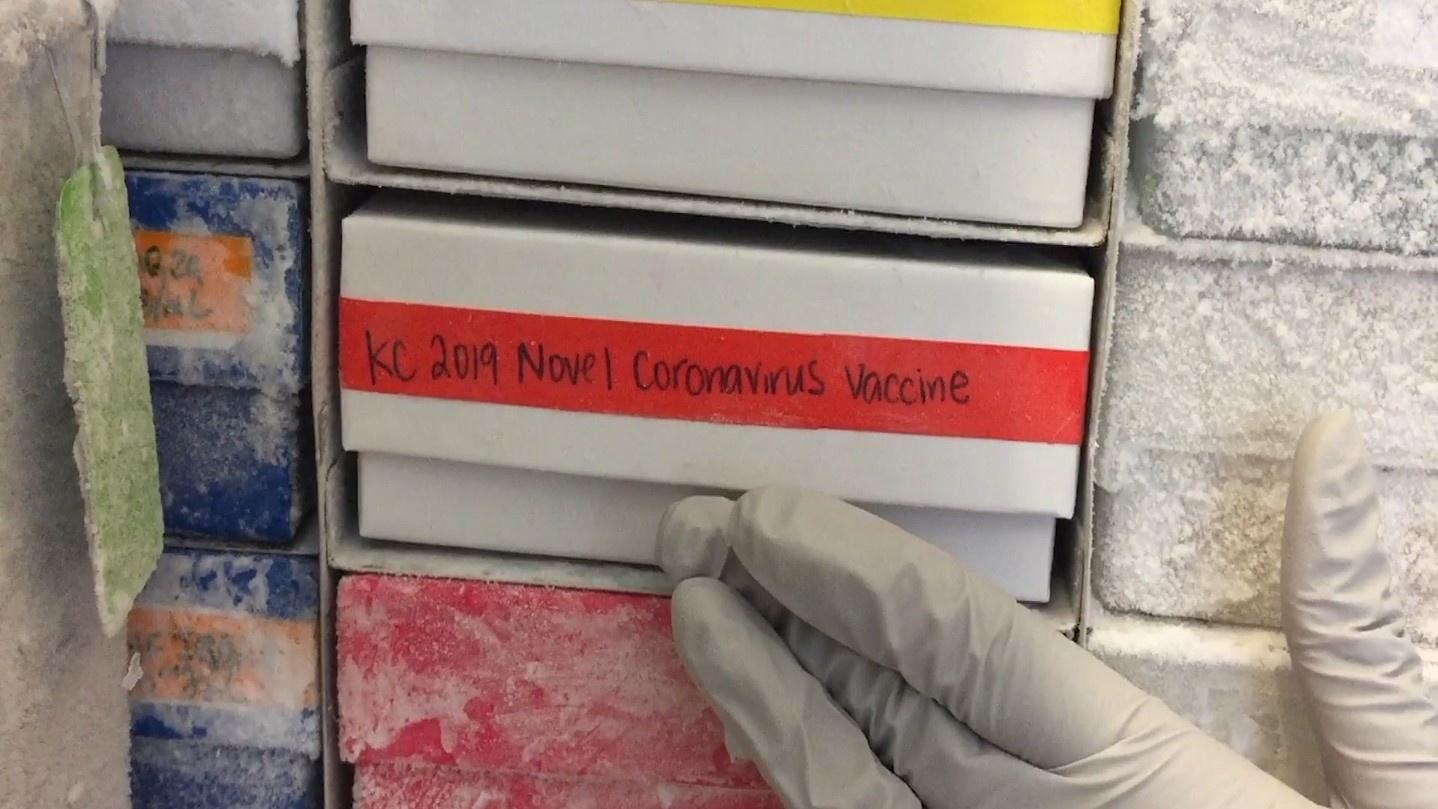BETHLEHEM, Pa. (WLVT) - When a COVID-19 vaccine is approved by the FDA, Lehigh Valley area hospitals say, they’ll be ready to administer it.
"They will want to start handing out or administering those vaccines as soon as possible," explains Chief Infection Control and Prevention Officer at Lehigh Valley Health Network, Dr. Alex Benjamin, "so that we can protect everybody, achieve herd immunity [and] get through the flu season."
This month, the Centers for Disease Control and Prevention offered guidelines to health officials across the country; putting networks on standby and urging them to be ready to administer 10 million vaccines by the end of October and another 30 million by the end of November.
Dr. Jeffrey Jahre, Chief Infectious Disease Specialist at St. Luke's University Health Network says, "We know that the dosing and the specific means to do so will go through government agencies, very likely through the federal government then the state government then it will be distributed to end users like hospitals for instance.
While health experts expect the FDA’s vaccine approval process to delay that timeline, there are currently four Coronavirus vaccine candidates in phase three clinical testing in the United States.
"Vaccines go through several phases to test for what dose to use, the safety, side effects that are associated with higher doses," Dr. Benjamin tells PBS39 News, "Trials are going on where we are giving vaccines, or placebo, to individuals and seeing one they are achieving the right amount of vaccine in their bloodstream, are they having any side effects and that’s where we’ll see if this is protective or not."
Once approved, the COVID-19 vaccine will be administered in three phases. Phase one includes those at highest risk like healthcare workers, vulnerable populations and their caretakers. Phase two would then expand availability to essential workers including those in sanitation, food supply and pharmacies. Phase three includes the general public.
"The most important group to hit in terms of the population are those who have the greatest risk of developing complications from COVID-19," says Dr. Jahre, "That would include anyone with underlying diseases that would set them up for these complications, those who are over the age of 65 and their caregivers as well."
But while health networks across the country stockpile materials, officials say finalizing plans is difficult without knowing what type of vaccine they’ll be administering.
"One of the big challenges is one of the vaccines has to be stored in a sub 70 degree freezer and those are usually not very mobile pieces of equipment. So we are looking at the challenges of being able to store all that vaccine. Once a vaccine is taken out of storage then we have the hourglass starts ticking down on how long we have for when we have to administer that vaccine," Benjamin explains, "and the other thing is we don't know yet how these are going to be packaged. Some vaccines are packaged in multi-dose vials so you have to draw them up for each, some of them are prepacked which would make things a lot easier and so we just don’t have a lot of those details yet."
At this stage, it is uncertain if the vaccine will require a single or double dosage and just how effective it will be. However, unlike the influenza vaccine, St. Luke’s and Lehigh Valley Health Network do not have plans to mandate the COVID-19 vaccine for their healthcare workers.




